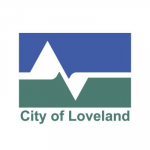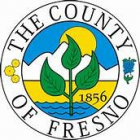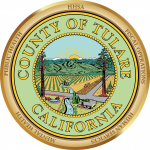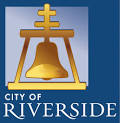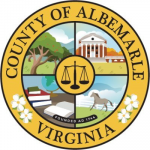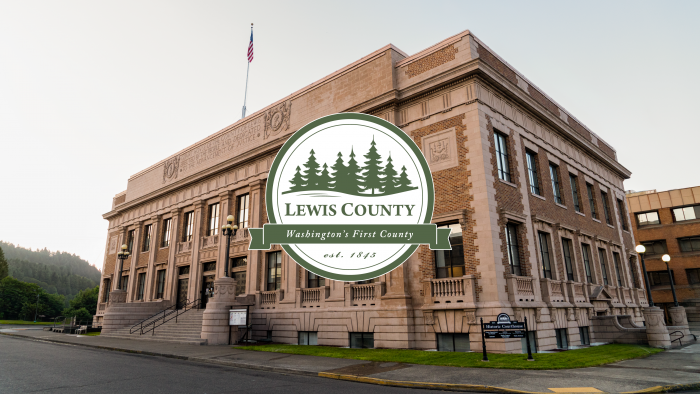Government Social Service Jobs: Roles, Skills, & Opportunities

Are you searching for a stable career that allows you to make a difference in your community? Government social service jobs offer many opportunities to help improve lives and support public welfare. Whether you’re interested in working with families, veterans, children, or individuals with disabilities, government roles provide meaningful work with long-term employment security.
This guide will explain the key roles in government social services, the qualifications you’ll need, and how to get started on this fulfilling career path.
Key Types of Government Social Service Jobs
Government social services span a variety of roles, allowing you to focus on areas that align with your passion and expertise. Here are some of the most common positions you can pursue:
Social Workers:
Social workers are critical in supporting individuals and families facing social, health, or emotional challenges. They conduct assessments, develop treatment plans, and connect clients with vital resources. Social workers can specialize in child welfare, mental health, or healthcare, and many roles are available in agencies like the Veterans Affairs and state departments of human services.
Child Welfare Specialists:
These professionals protect children from abuse and neglect while supporting families in crisis. They are often responsible for investigating reports of child abuse and working toward family reunification when possible. Child welfare specialists may work in foster care, adoption services, and family preservation programs.
Community Outreach Coordinators:
Coordinators bridge the gap between government services and the community, ensuring that vital resources are accessible to those who need them. These professionals organize public events, educate the community about government programs, and gather feedback on improving social services.
Rehabilitation Counselors:
Rehabilitation counselors work with individuals with disabilities, helping them achieve personal and professional goals. They assess clients’ abilities, develop rehabilitation plans, and assist with job placement. Specializations include vocational rehabilitation and substance abuse recovery.
Substance Abuse Counselors:
These counselors provide support to individuals struggling with addiction by offering individual and group therapy, conducting assessments, and developing treatment plans. Substance abuse counselors often work in government-run treatment centers and community health clinics.
Elderly Services Coordinators:
Elderly services coordinators manage programs that help older adults access healthcare, social engagement, and transportation services. They advocate for senior citizens’ rights and ensure their needs are met in a safe and supportive environment.
Disability Services Specialists:
These specialists ensure equal access and opportunities for individuals with disabilities by advocating for accessibility, coordinating support services, and helping to implement disability policies across government agencies.
Disability Services Specialists:
These specialists ensure equal access and opportunities for individuals with disabilities by advocating for accessibility, coordinating support services, and helping to implement disability policies across government agencies.
Education and Qualifications for Government Social Service Jobs
A career in government social services generally requires a combination of education, experience, and relevant certifications. Here’s a breakdown of the typical qualifications needed for various roles:

Educational Requirements
- Bachelor’s Degree: Most entry-level positions in government social services require at least a bachelor’s degree in social work, human services, psychology, or public administration. For specific roles, degrees like education or nursing may also be acceptable.
- Master’s Degree: Advanced positions, such as clinical social work or rehabilitation counseling, typically require a master’s degree. Standard options include a Master of Social Work (MSW), a Master of Public Administration (MPA), or a Master’s in Psychology or Counseling.
- Doctoral Degree: While rare for most positions, a Ph.D. in Social Work, Public Policy, or Public Administration can benefit those pursuing high-level roles in administrative services, policy-making, or research.
Licenses and Certifications
Certain roles in government social services require specific certifications and licenses:
- Social Work License: Clinical social work positions often require a Licensed Clinical Social Worker (LCSW) or similar designation. This requires passing an exam after completing an MSW and supervised hours.
- Counseling Certifications: A Licensed Professional Counselor (LPC) or Licensed Mental Health Counselor (LMHC) certification may be required for roles like substance abuse or mental health counseling.
- Child Welfare Certification: Some states require additional certification for child welfare specialists, which may include passing an exam after completing specific training.

Other Key Qualifications
Experience:
Government agencies often value practical experience in addition to formal education. Internships, volunteer work, or entry-level roles in human services can help build your qualifications. For advanced positions, several years of experience may be required.
Language Skills:
Being bilingual, especially in languages other than English, can be a significant asset when working with diverse communities.
Technology Skills:
Many government roles require proficiency in case management software, data analysis, and office tools. Some positions, especially in administrative services, may also require skills in areas like social media management or research.
Continuing Education
Government social service professionals must complete continuing education to maintain their licenses or certifications. Agencies like the California Department of Health and the Centers for Disease Control or research organizations like the National Institute of Mental Health may provide training on emerging social services practices and new policies. Staying updated on trends in mental health, family support, and public health is crucial for career growth.
Security Clearance
Some government social service jobs, particularly at the federal level or in departments like Veterans Affairs, may require a security clearance. The clearance level depends on the job’s sensitivity, particularly in roles related to national security or handling personal data. Obtaining clearance usually involves a detailed background check.
Where to Find Job Opportunities

Government social service jobs can be found at the city, county, state, and federal levels. Key departments offering these positions include the California Department of Human Services, Veterans Affairs, and local health and human services agencies. You can also search for roles through job boards specific to government jobs, such as USAJobs.gov or state and local government websites.
To streamline your job search, many agencies offer email notifications and the option to click save on job postings that interest you. Explore positions in health, education, and disability services to find the right match for your skills.
Conclusion
Government social service jobs provide a rewarding and stable career path for those committed to positively impacting society. Whether you’re interested in working with children, families, veterans, or individuals with disabilities, these roles offer a unique opportunity to support communities and promote social well-being.
With the proper education, certifications, and a commitment to ongoing learning, you can embark on a fulfilling career in government social services. You can explore job opportunities in your area and find a role that aligns with your passion for helping others.






















